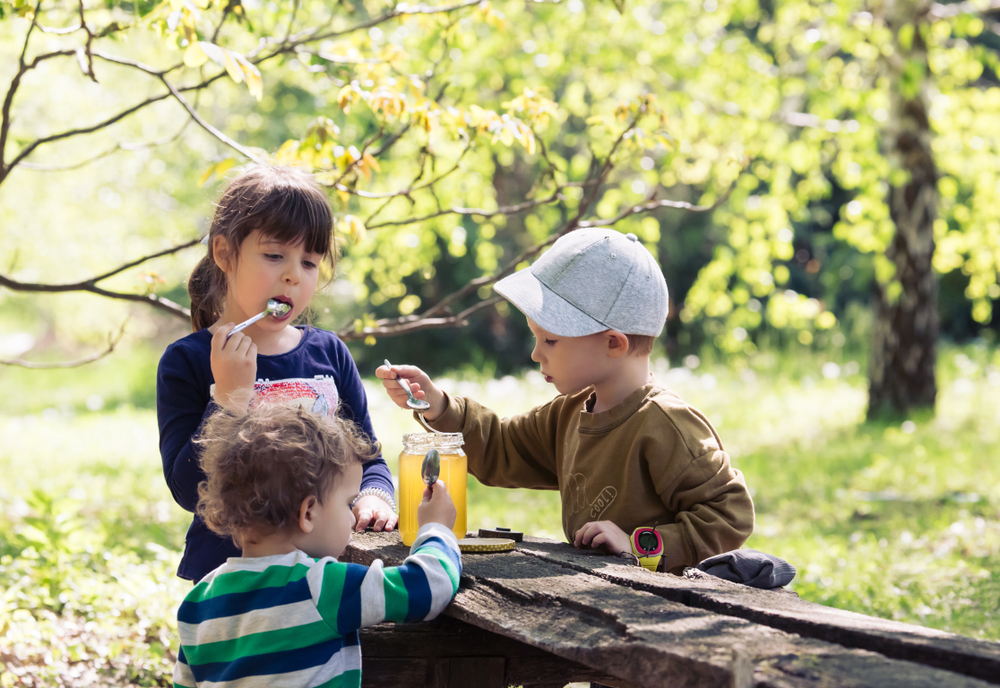You no doubt know that we need to save the bees, but do you know exactly why? Not only do bees pollinate 90 percent of our wild plants, they also pollinate 30 percent of our food crops. Put simply, without bees, humans will struggle to survive. With that in mind, here are 10 ways you can nurture your local population and help save the bees!
- Visit a beekeeper with your children so that you can become acquainted with their important work and learn everything you need to know about bees from an expert.
- Research the best nectar-bearing plants so that you can identify them with your children and become more aware of the role that bees play in the world around us.
- Then, put those plants in your own garden! You don’t even need a backyard to do this one. A windowsill flower bed or plant pot won’t just help save the bees – it will also look beautiful.
- Set up your own beehive or bee hotel in your backyard. You can buy a pre-built one online or make your own – get your children in on the fun and let them decorate this new garden addition, too.
- Do bee-focused arts and crafts activities, perhaps like drawing pictures of bees with nectar-bearing flowers that are local to your area? It’s all about using fun activities to educate your children on the importance of bees!
- Buy Aussie made honey and beehive products (honeycomb… yum!) from local beekeepers or small bee farms. This is one of the best – and most delicious – ways you can support the people who are taking on-the-ground action to help save the bees.
- Mow your lawn or nature strip in the evening, not during the day. Bees don’t typically forage in the dark and prefer to hunt for nectar during the day, so wait until their workday is over before whipping out the whipper snipper!
- Use fewer (if any) pesticides on your garden – they are one of the leading threats to pollinators and are neurotoxic to bees. If you need to rid your garden of pests, opt for a natural alternative instead.
- Let your garden get a little bit messy. Weeds can be a great place for bees to forage, and a diverse garden is always preferred. Besides, it means you don’t have to be quite so strict about maintaining your garden – win, win!
- Leave drinking water out for travelling bees. They need a drink after a long day at work, too! Setting up a bee pond with rocks or twigs for resting on, particularly during summer, is a great activity to try with the children.
Here are some more of our favourite sustainable tips, arts and crafts, and more ways that you can help the planet in your own home!

